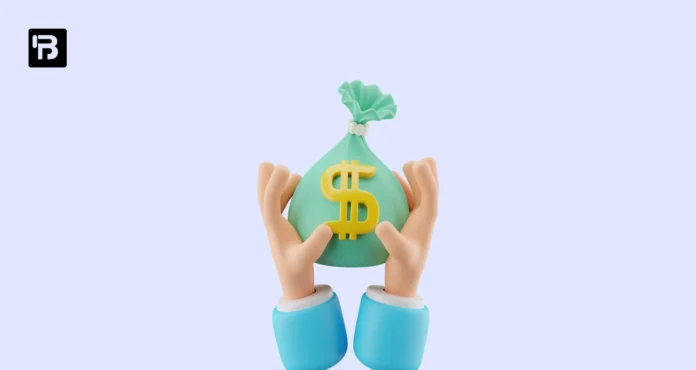One essential element of Loans is the Interest rates. You will be charged interest on the principal amount of the loan when you take out a loan from the lender. The cost of borrowing money is called Interest, and it is often stated as an Annual Percentage Rate (APR). Here are some details on the interest fees associated with loans.
- Variable vs. Fixed Interest Rates:
Loans can have variable or fixed interest rates. Since the interest on a fixed-rate loan is the same during its entire term, planning your monthly payments is made simpler.
Variable rates, on the other hand, may change depending on the state of the market, thereby influencing the size of your monthly payment.
- Annual Percentage Rate (APR):
The APR shows the overall cost of borrowing, which includes the interest rate and any other fees levied by the lender. It enables routine comparisons between loan offers from various lenders.
- Interest Calculation:
There are several ways to determine the interest on a loan. The most popular approach is the declining balance approach, in which after each EMI payment, Interest is assessed on the remaining loan balance.
- The Influence of Credit Score:
The interest rate you are eligible for is significantly influenced by your credit score. Higher credit scores are often associated with lower interest rates because lenders view them as less risky borrowers.
- Loan Tenure:
You will pay more interest over time if you have a loan with a longer term. Longer terms may result in lower monthly EMIs, but they may also result in higher overall interest costs.
- Interest Prepayment:
Depending on the lender, you may be able to pay off the loan early or make partial installments. You might incur fees or penalties for such prepayments, depending on the lender’s policies.
- Interest Moratorium:
Some lenders give a time at the start of the loan term during which only interest is paid. After the moratorium expires, principal repayment starts.
- Late Payment Interest:
If you don’t make an EMI payment on time, the lender will usually assess a late payment fee and additional interest on the unpaid balance.
- Top-up Loans:
If you already have a loan and qualify for one, the lender may give you more money at a different interest rate.
It’s critical to have a solid credit history, consistent income, and a low debt-to-income ratio in order to qualify for the best loan interest rates. Additionally, you can locate the best interest rate for your financial condition by shopping about and contrasting loan offers from several lenders. Before finalizing the loan, keep in mind to carefully read the loan agreement and ask the lender any questions you may have.


